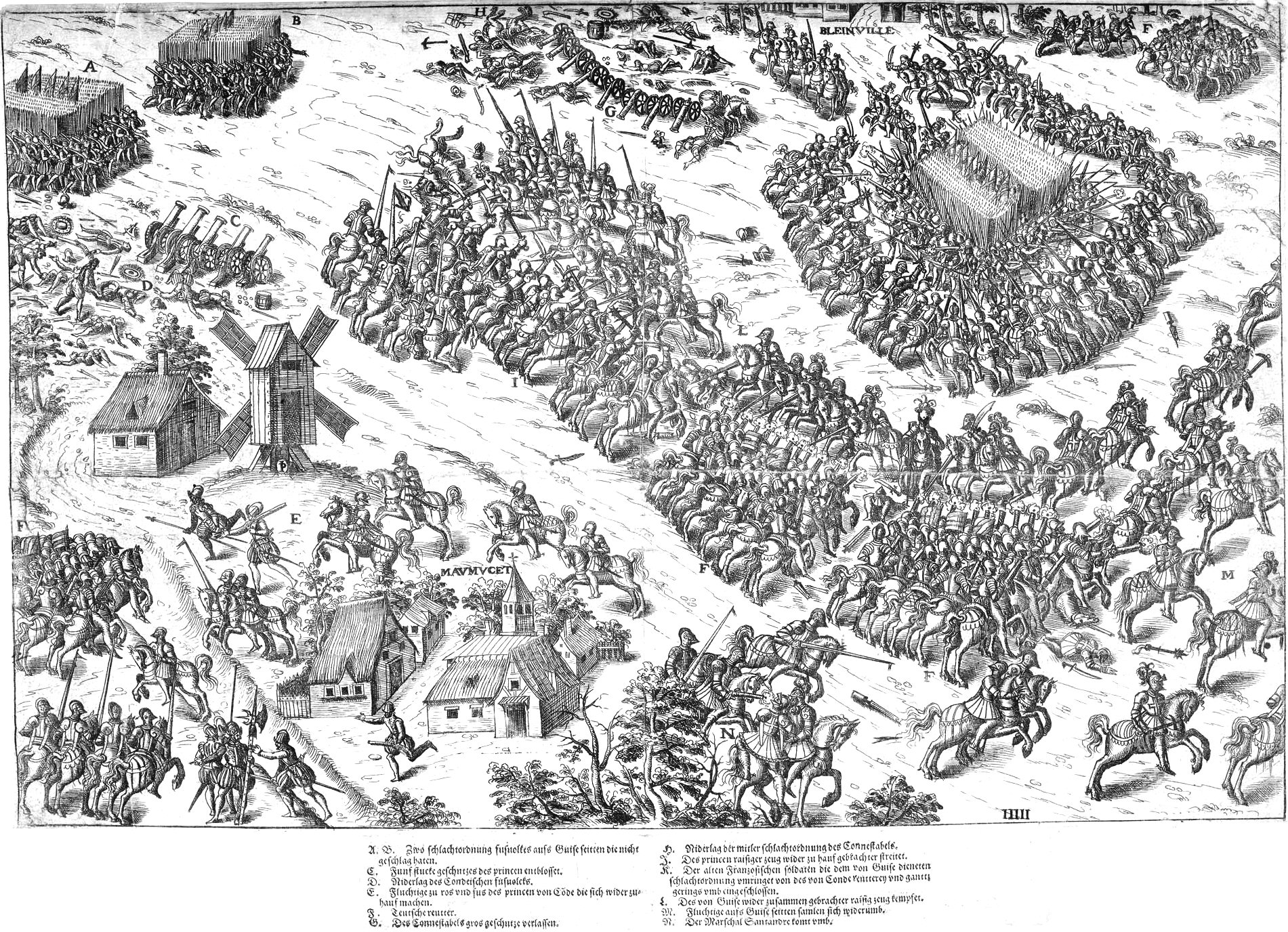Much drinking was done, much gaming was had. No one wants to hear about how drunk we got, so here's my review of the games I played. Keep in mind that these are only the games that I played. There were many games going on at any given time.
Dominion
This is a very popular game because of its ease to play, quickness of play, and depth of mastery. Plus, it's like playing a collectable card game without having to buy booster packs. It's an excellent game to get people who aren't into hardcore gaming into the hobby. Or as a bridge game that you can bring out with the family or non-gamer friends.
Mansions of Madness
I prepped all week for this game, before bringing it to ManCabin. Prepping all week? A little intense? Not at all. Mansions of Madness is one of the more innovative games that I've seen in quite a while and I prepped for it all week because I wanted to get it right.
In Mansions of Madness, one player is the Keeper, who plays against the other players. A Dungeon Master of sorts. The game takes place in a mansion of some kind. The mansion is generated ahead of time with tiles. In this game, the investigators are trying to unravel a mystery. To give you an idea of the scope of mystery and suspense in this game, let me give you a sample set up:
Your investigators are driving down a road, when suddenly your car hits a small child in the middle of the road. Getting out, you try to find the small boy, but he's nowhere to be found. Distraught, you travel to a nearby house and are let in by the butler. As you look around, you see that the house is covered with paintings of the boy - the same boy you swear you hit with your car....And that's the set up for one of the scenarios (altered a bit so it's not too spoilery)! That's what I love about Mansion of Madness. It's not just about playing a game, but uncovering a mystery and experiencing the atmosphere.
As the players move their characters around the board, they flip over cards, which offer clues to the mystery or items that can help them in their journey. Dark events occur as they do these things. For example, the lights may go out, monsters may appear, the house may catch fire, or people might start to loose their sanity. These events are trigged by the Keeper who must spend threat tokens to pull them off. One of the cooler elements of the game is that many of the key items and locales are locked off by 7th Guest type puzzles. There are combinations that you have to decipher and patterns that you have to connect.
Another cool element of the game is that each time, the end objective of the scenario is hidden. The Keeper is working towards some goal that you don't know about. Your own objective is hidden until you uncover all of the clues. However, as the game counts down, the players' objective is eventually revealed, so as to avoid complete frustration.
In the game that we played, the players didn't discover the objective of the scenario until late in the game, but they had inadvertently foiled my objective most of the game. Through actions that I took and a few clues in the game, they were able to discern part of my objective, which was cool. They were able to win the game without knowing my entire goal.
Epic Spell Wars of the Battle Wizards: Duel at Mt. Skullzfyre
The game is as awesome as its title and really easy play. I will definitely have to pick this one up when the budget allows. The premise is easy. Everyone plays the part of dueling wizards, trying to slay the other players at the table.
You slay other players by making spells. To make spells, you are dealt a hand of cards. The cards have the beginning, middle, and ends of spells. To cast spells, you do so on your turn, using either a beginning, middle, and end of a spell or just a middle and end; beginning and end; beginning and middle - etc. Alternatively, you can just play one card to activate a spell.
Spells which use three cards do the most damage and have the most effects, but they are slower than two card or just one card spells. So, where the strategy comes in is banking on how much damage you can take before cranking out a spell of appropriate size to kill your opponent. Throw a really big spell, and you might kill your opponent. But if your opponent uses a quicker spell, he might be able to kill you before you crank out the big, bad spell.
What makes the game ultimately fun is that the spells themselves are hilarious and as over-the-top as the title of the game. Also, it's written specifically in the rules that you must adopt your best grandiose wizard voice when you cast each spell. We enforced this rule at the cabin and one player lost his spell because he didn't use his wizard-y voice. Heh.
Okay - I've rambled enough. I'll finish the round-up in my next post.














